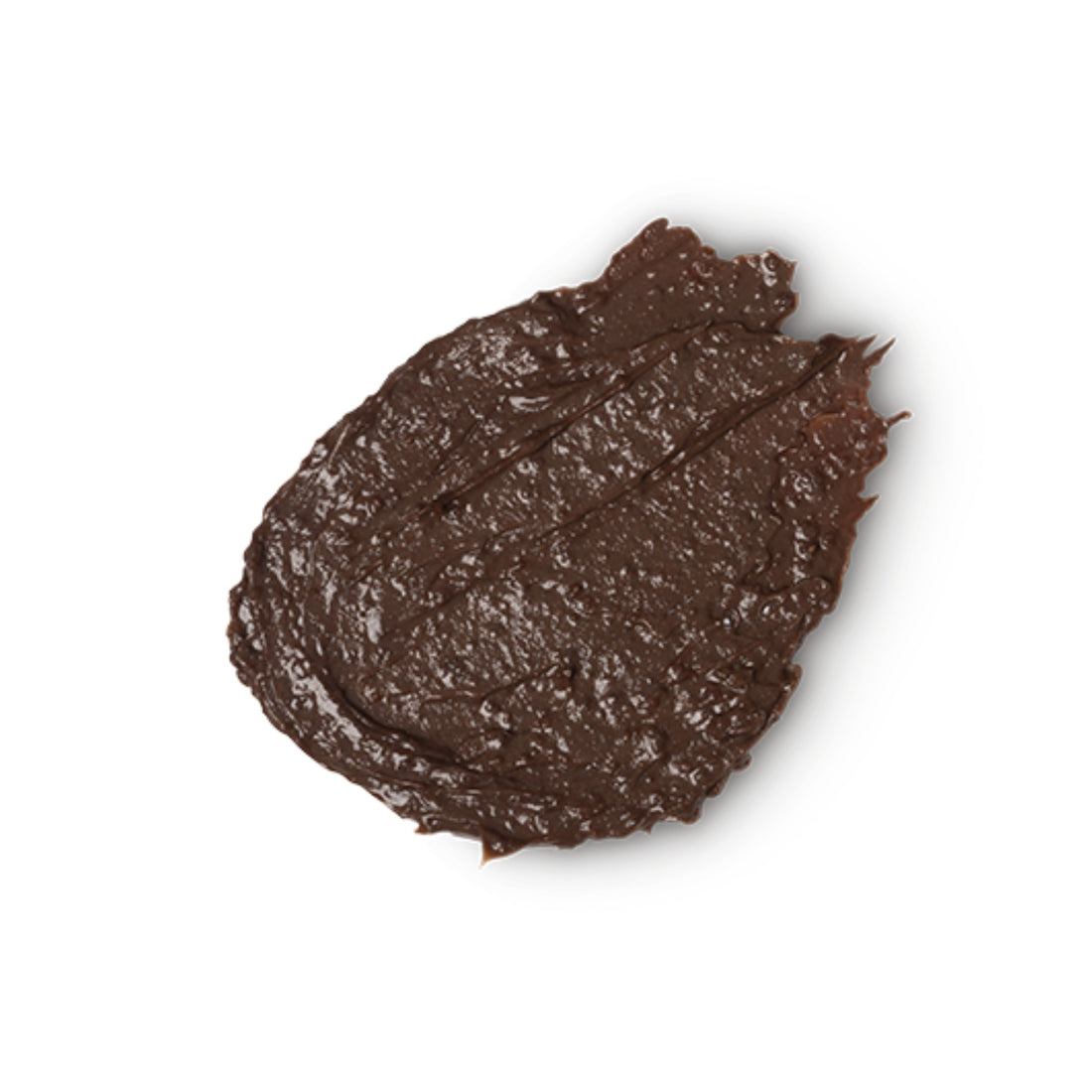In Nanyuki, Kenya, local Maasai people face tough environmental conditions which threaten their pastoralist lifestyle. Lush Times reporter Katie Dancey-Downs visited the Laikipia Permaculture Centre to find out how people are now turning to nature to find solutions
It’s dark when I arrive at the Laikipia Permaculture Centre (LPC) in Nanyuki, Kenya. I drop my rucksack in my home for the next few days - a cosy cobb house complete with compost toilet and solar-heated shower - not realising, until later, that this was the first hut ever built at LPC, and that it had started life as founder Joseph Lentunyoi’s home.
The next morning, light streams in through glass bottles built into the wall above my bed, and there’s a tapping on the window, which sounds remarkably like the male long-tailed tit that fights with his reflection on my windows back in England. Drawing back the curtain, I see three birds hopping around in front of the mirrored window. They can’t see me, so I watch - and behind them I get my first look at the LPC site in daylight, as the sun rises over greenery for as far as I can see.
Now, as I have a cup of tea with Joseph, I’m sitting under the same tree where he sat with his father years ago, and told him his dreams about creating a permaculture centre.
Joseph’s father was a civil servant in Kenya, and had been given a piece of land by the Government in recognition of his work. Subdivision of land was an alien concept in the family’s Maasai culture, and they had no idea where this piece of land was located.
In 2010, Joseph decided to find out. He went to the land office and hired a surveyor. After falling in love with the land, he told his father he wanted to stay there.
“Wow, go for it,” his father said. “And I’d like you to take me there to see it.”
He did take him, and told him about his permaculture dream.
The answer is permaculture
“It was getting hard for people to be pastoralists when the size of the land was not increasing,” Joseph tells me.
As people were keeping more and more animals, the land was becoming degraded and soil was being eroded. The impact of chemical fertilisers, pesticides, and intensive farming methods meant that people weren’t getting the best food they could from the soil.
“Another problem is that climate change is hitting us hard; because people have done a lot of deforestation not as much rain comes as we used to have before. And this is costing us so much - water shortages, food shortages, erratic rainfall, and all these kinds of things,” he says.
“If nothing happens, we will continue with a lot of environmental destruction, and we will create deserts that were not there.”
Another solution was needed to generate income.
“The answer is permaculture,” Joseph says, his face lighting up. Joseph studied organic agriculture at university, but he now favours the closed loop system that permaculture offers, where every element is connected to another, and where people work with nature for their agricultural needs.
Beginnings
Joseph went to Australia for an internship at the Permaculture Research Institute (PRI), full of excitement about the piece of land waiting for him back in Kenya. When he returned, he took with him a willing group of volunteers that he’d met at PRI, itching to put their permaculture skills into action.
“Some people were passionate about different things. One young man was passionate about ponds. Another person said, ‘I want to set up a compost toilet!’ Another said, ‘I want to set up a greywater system!’”
They lit fires in the evenings, and put up tents. They carried jerry-cans of water from the river for a makeshift shower, and created a design for the permaculture site. By posting their progress on social media, people all around the world saw what they were doing, as they spent the next three months getting the site up and running.
“It’s all local, local, local,” Joseph says. Materials from the land were used to grow LPC, and Joseph says they now have the power to empower local people with their own projects and ideas. During our stay we visit one of those projects - Maasai women’s groups growing aloe, which is then sold to Lush.
LPC has grown, and is still growing. Now, there’s a charcoal refrigerator for keeping food cool; a biogas installation and solar panels for cooking, and a food forest.
We make use of all of this, and gather round a fire in the evenings to keep us warm, hearing stories about Maasai culture and eating traditional food.
Solving problems
As well as supporting opportunities for local Maasai communities which are no longer able to practice traditional pastoralist lifestyles, LPC is overcoming other challenges of the region.
The non-Indigenous fruit opuntia was introduced to Laikipia in the 1950s by colonial settlers. This invasive plant has taken over much of the landscape, and the prickly surface can cause serious harm to animals. When we visit the Twala Women’s Group, we see it everywhere. Controlling this plant has been a challenge in the region, but LPC has found a solution: jam, wine, and juice are now being made from the fruit, and sold locally. This way the plant numbers can be reduced, while local people make extra income.
LPC’s influence doesn’t just extend to the local area. Joseph tells me that plenty of Maasai groups are interested in the idea of permaculture, and that he has been invited to give talks all over Kenya.
“It’s good that permaculture came in before we lost our culture,” Joseph says, explaining how similar permaculture is to the ancient Maasai way of life. He gives the example of how Maasai used to make medicines.
“They used to consume roots of different herbs and leaves through soup and concoctions, but these days they just use conventional medicine.”
People have been surprised, he tells me, that people like him are coming back from gaining education and wanting to focus on nature.
“Let’s not lose our culture, our traditions, our food, our way of believing in taking care of nature,” he says.
During our stay at LPC, we see that care for nature in action. As we drive towards the Twala Women’s Group one morning, Joseph not only has a keen eye for spotting wildlife, he is able to read and interpret the signs of nature. He tells us about the giraffes and zebras as we pass them. When we spot an elephant walking towards the road, he knows we need to wait at a certain point, so we won’t block his path. He knows the signs that this elephant could be aggressive - that he is missing a tusk, and is alone, so has likely been in a fight.
Joseph’s dreams have grown, and now he wants to build a permaculture training institute to train the next generation. He hopes he can spread permaculture further than Laikipia, across Kenya, and even further into East Africa.
“We’re supporting the women which is great, but the women will get old. What about the younger people who will come on board? We want to do this so that we can create younger teachers to come after us."













